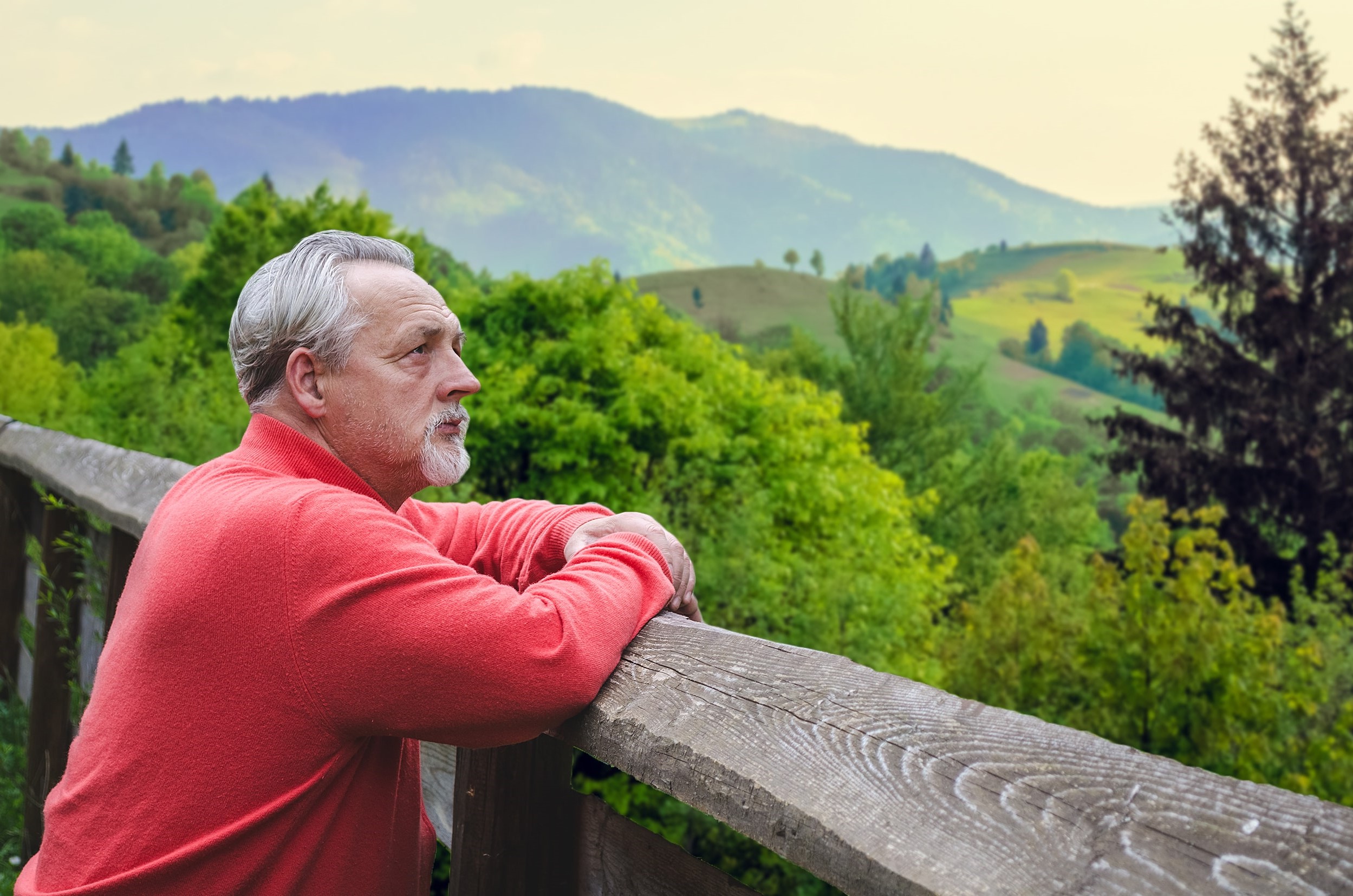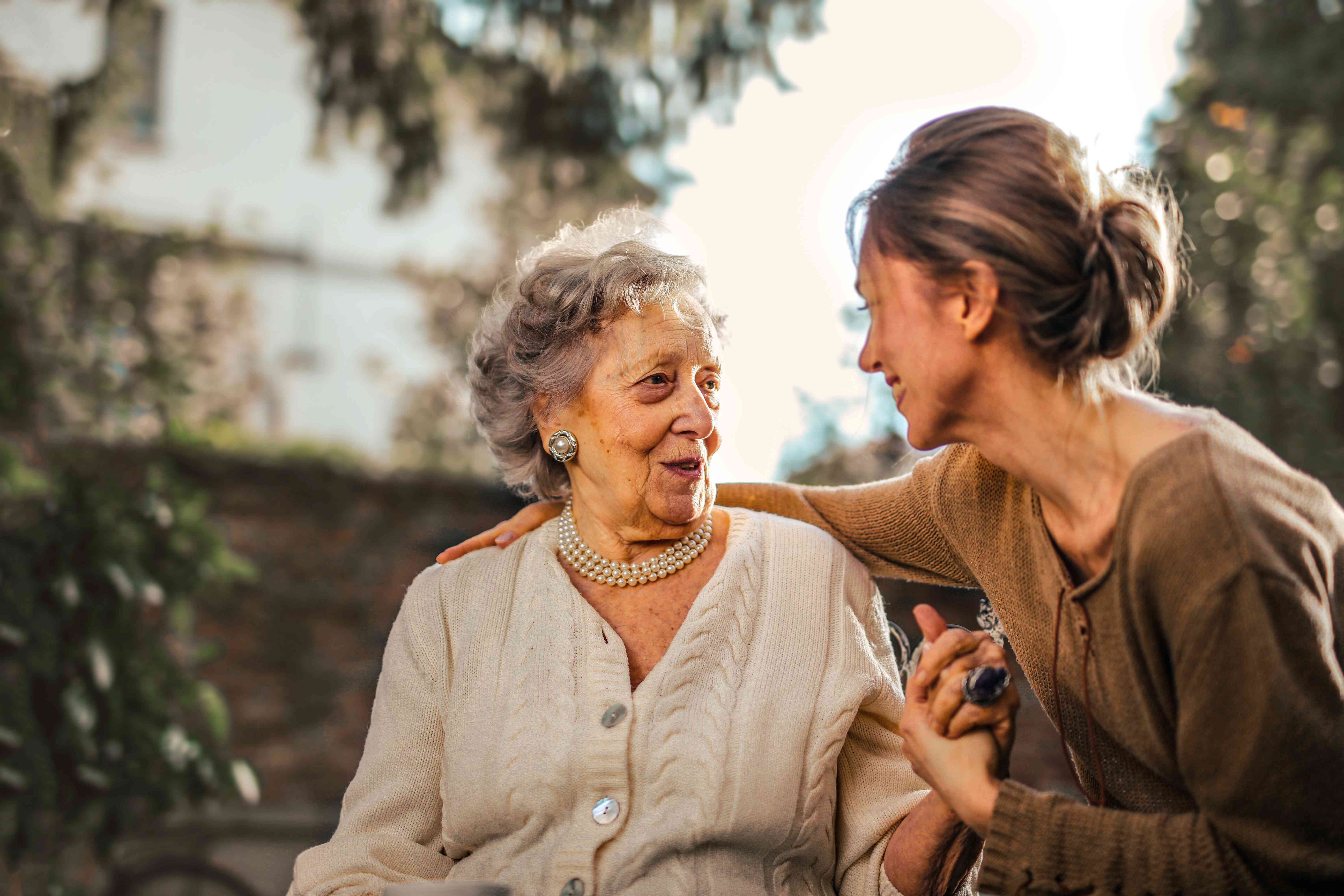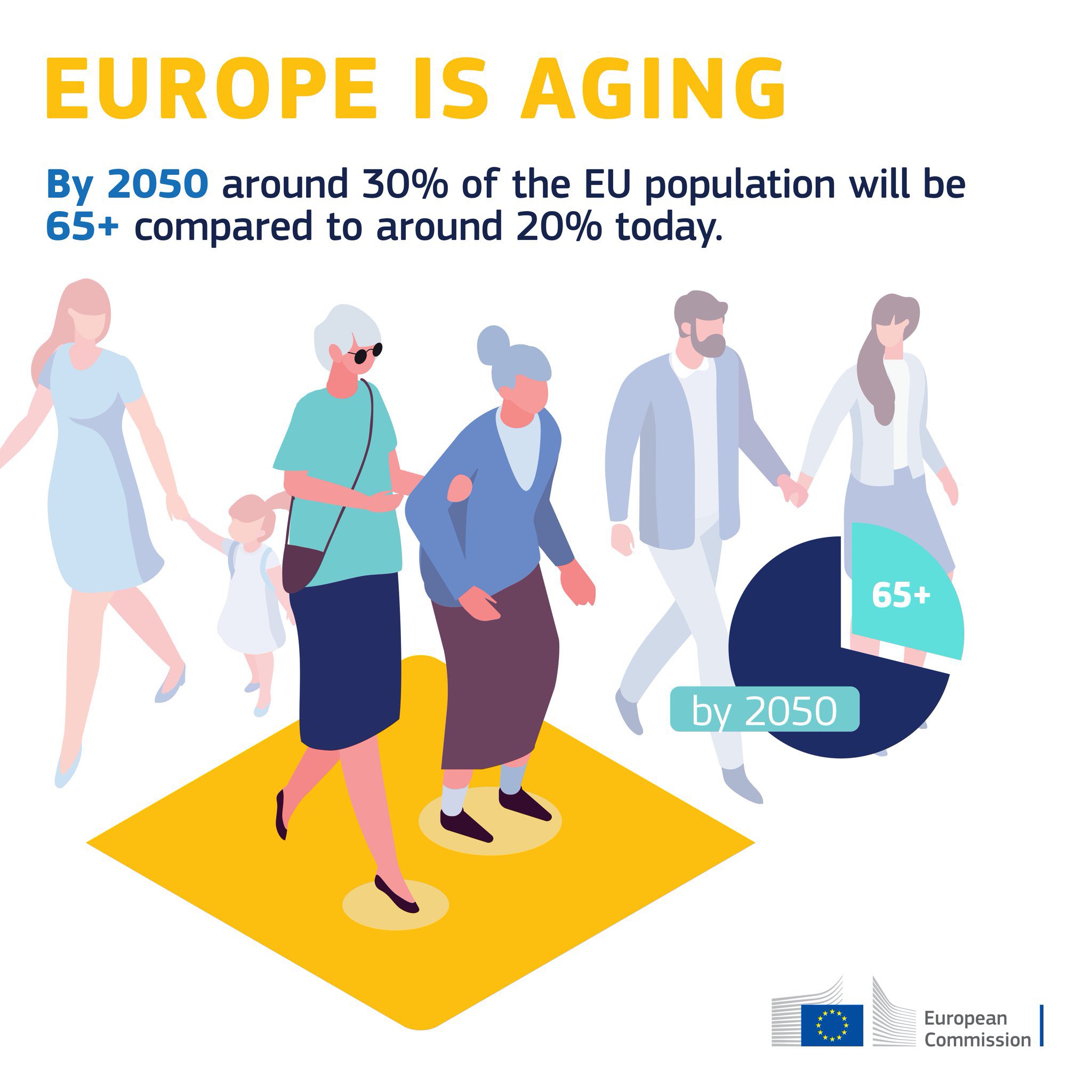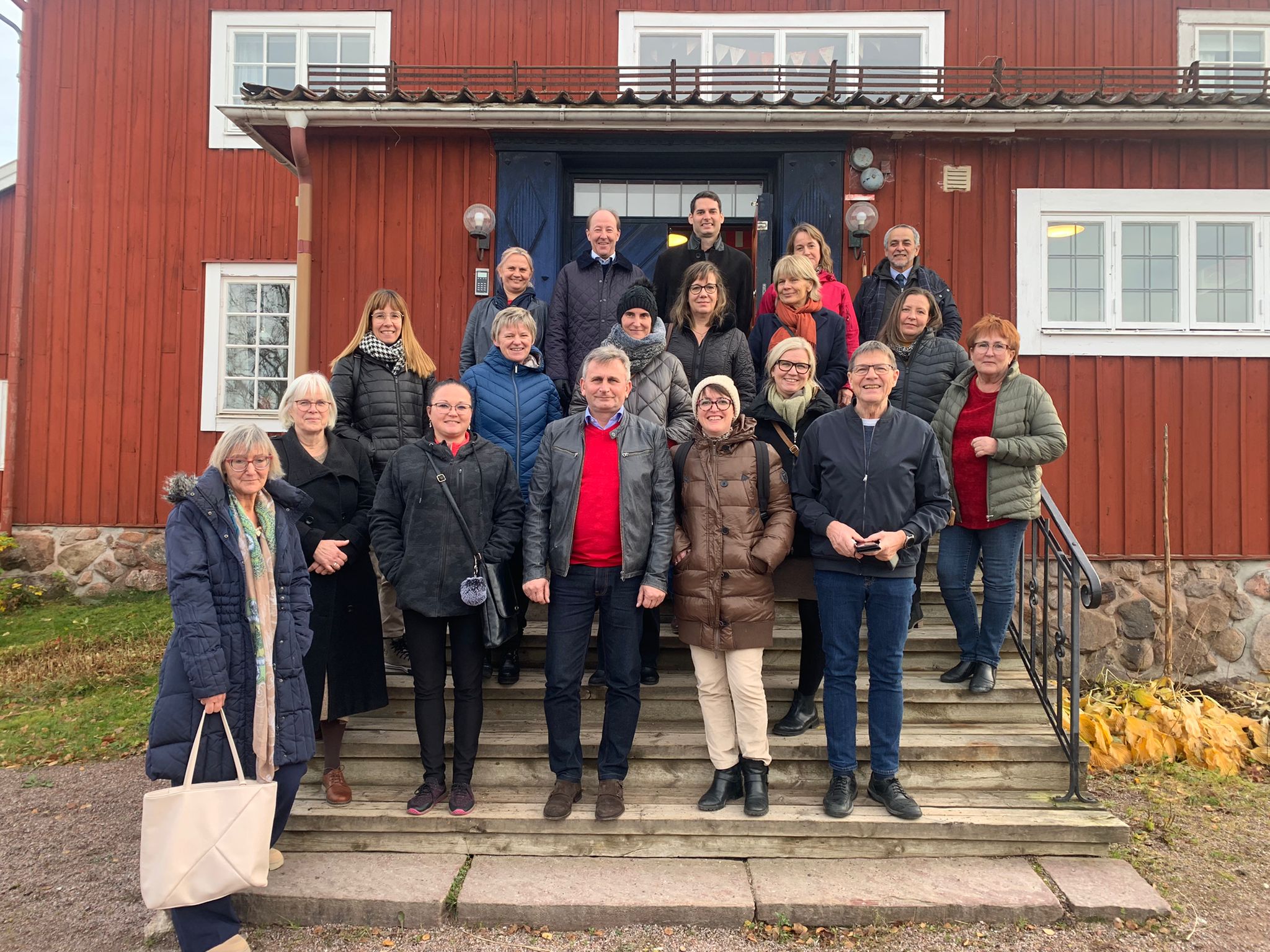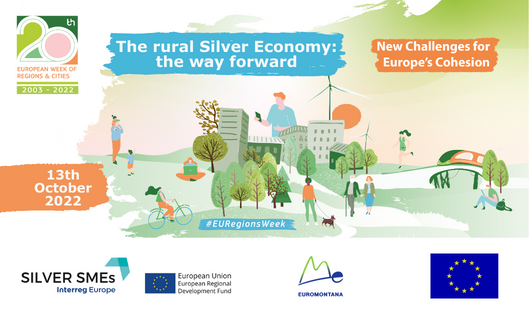Older people have been particularly vulnerable since the start of the COVID-19 pandemic in Europe. Being the most affected segment of the population, seniors were called, more than others, to stay home. But self-isolation brings even more difficulties for the elderly living in rural and mountainous areas, where services are lacking or are not always adapted to the needs of older people.
Fortunately, rural businesses, from the Silver Economy but also from other sectors, and rural communities have demonstrated a real sense of solidarity to take care of our elders.
La Exclusiva – the home delivery SME for older people
Do you remember Victoria Tortosa? She joined our Tolmin conference to present her SME “La Exclusiva” – a social economy company providing older people with basic products at home. Literally, “the shop for rural areas with no shop” in the Province of Burgos, Spain, a Province covered at 27% by rural areas and welcoming more than 82.000 adults above 65.
La Exclusiva organises home deliveries in more than 24 villages divided in 5 delivery routes. With no added cost for older people, thanks to agreements with local supermarkets, and a user-friendly system with different options to make an order (phone, mail, post etc.), La Exclusiva is an ideal example of the added value of the Silver Economy sector in rural and mountainous areas. The service enables older people to stay safe and get fresh products at home while also creating jobs in this rural Province.
Senior Senior – the app that adapts to the crisis
Senior Senior is a French app created in Normandy and available in a dozen of rural municipalities in the region. Initially, it connects older people looking for other seniors to play cards, go for a walk, share a car drive or any other unpaid activity. It is developed by the SME Senior Senior and proposed as a service to rural municipalities in Normandy, the price of the service is therefore covered by municipalities and the app is free for users.
Going to the restaurant or practicing physical activity in group is of course not possible in this period, but Senior Senior and its members’ municipalities encouraged people to use the app to ask for support or provide help to older people needing assistance for shopping or for transport to visit a doctor for instance.
Cutii - the companion for isolated older people
Cutii is an autonomous companion robot for isolated or dependent people. It offers the possibility to remotely connect with friends and family as well as to participate to activities such as cooking classes. 10 of these robots where offered to nursing homes in the North County, to support older people facing more isolation than usual during the pandemic due to measures implemented in retirement houses. User-friendly, this robot enables older people to have video calls with their families or to follow online video classes (culture and virtual museum tours, craft and sewing workshops etc.)
Silver Economy fills the gap in services in rural and mountainous areas
The COVID-19 crisis emphasised the daily issues that older people face in rural and mountainous areas due to the lack of services. The Silver Economy sector has demonstrated its capacity to assist the most vulnerable ones and these SME will remain essential in the months ahead. The situation encourages reflexion on regional policies to support this crucial sector in our territories and will certainly contribute to future debates among SILVER SMEs partners in view of regional action plans.
And more …
Of course, many other actors supported the elderly during this crisis. CIMO, the Mountain Research Centre in Portugal, has for instance responded positively to the call from the Ministries of Labour and Social Security, Science and Territorial Cohesion to test the residents of the region’s retirement homes. An entire building of the research centre has been converted into COVID-19 testing rooms.
Individuals also played a crucial role in the everyday support to older people in rural areas. In many countries, online platforms were created to connect people in need of assistance and volunteers willing to give a hand to go shopping, buy medicines from the pharmacy or offer help with a car to make up for the lack of rural transport. Pomoč na dlani in Slovenia, SOS vizinho in Portugal or COVID entraide in France are all online tools which encouraged solidarity, in particular in rural areas.




